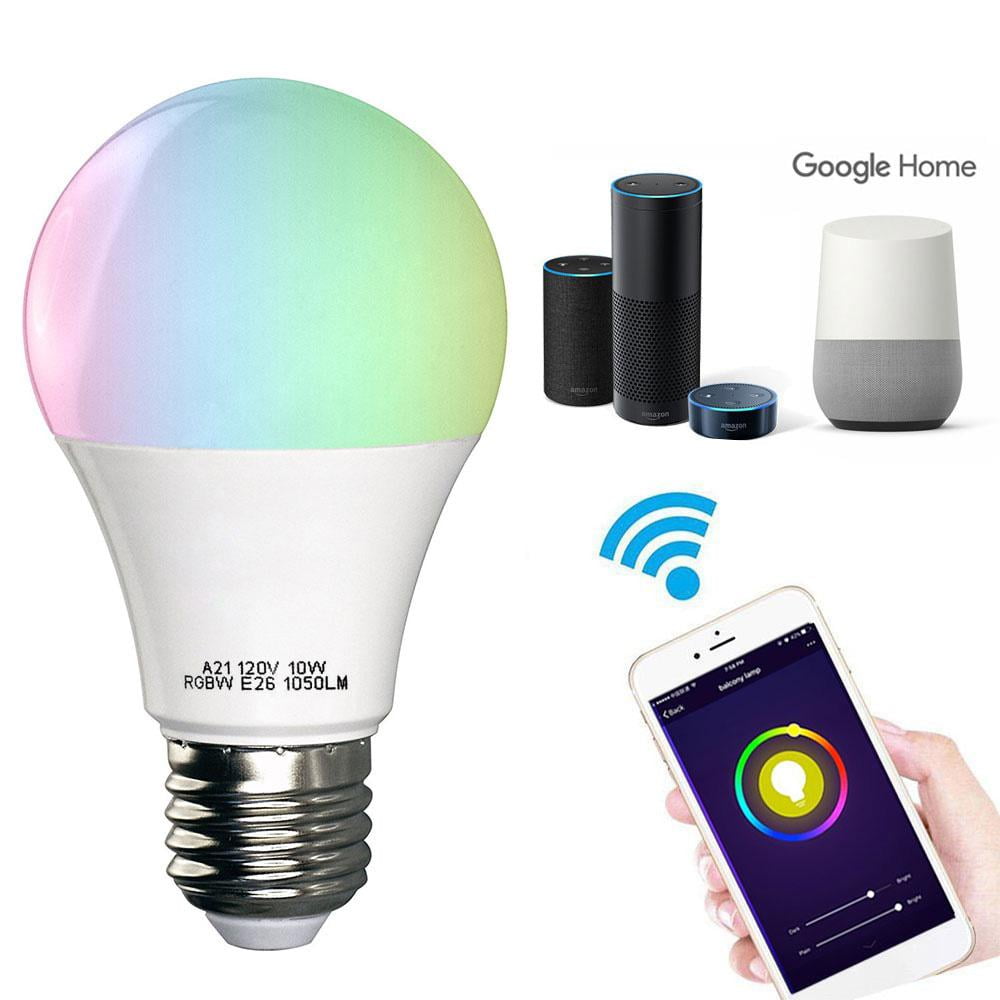

Arguably, this is actually the opposite of true. LIFX in particular makes a big deal in it’s marketing about not requiring a hub, as if this is a great technical achievement that is obviously superior. I’ve chosen these two as they both offer a comprehensive range of lighting options, are widely available internationally, and compete at similar price and quality points. To explore the differences between a bridged solution and WiFi for smart lighting, I’ll Use two well known brands which have taken each path, Philips Hue for the bridged solution, and LIFX for the WiFi solution.

ZigBee in particular has a specific profile tailored for lighting systems control, ZigBee Light Link (ZLL). As we move toward more connected homes, some device makers are choosing to use these protocols over WiFi for the same reasons. Protocols like ZigBee and Z-Wave have been used for many years by bespoke home control platforms for their reliability, low power requirement, and responsiveness. When it comes to smart lights, typically we’re looking at the ZigBee protocol which is widely used for smart home devices. We see these for things like Garage Door openers, which need to bridge garage door RF communications with WiFi, or low powered battery devices like sensors and door locks, that need to bridge between Bluetooth LE and WiFi. In the context of smart devices this is generally required when the devices communicate using a different protocol than WiFi but need to be controllable by a smartphone, smart home controller, or over the internet. In network parlance, a bridge is a device that connects one network to another. While this is part of the role, we’re really talking about a ‘bridge’. What is a hub?įirstly, when it comes to smart devices, ‘hub’ is really a misnomer which makes it sound as if the devices need some central connection point just to work. This would seem to some to be a no brainer, why have an extra piece of hardware if you can do it without? Certainly some brands would have you believe no hub is a clearly better choice, but we need to understand why these things exist in the first place.

Before that though, the question of whether you’ll tolerate a hub or not must be addressed. These encompass various practical issues such as price tolerance to regional availability. When considering adding smart lighting to your home there are obviously a number of considerations.


 0 kommentar(er)
0 kommentar(er)
